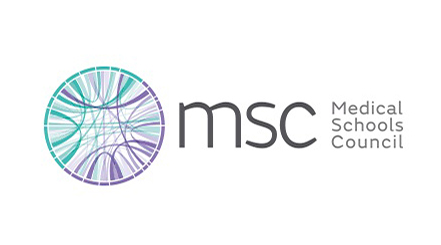Potential applicants: the state of medical education and how it may change
6.04.16
The following may be of interest to medical students and future applicants to medicine. Its aim is to make clear the current status of postgraduate medical training and the ways in which this may change in future.
Postgraduate foundation training and beyond
At the end of the undergraduate programme you will receive your MBBS (or equivalent) degree, which is a primary medical qualification (PMQ). Holding a PMQ entitles you to provisional registration with the General Medical Council, subject only to its acceptance that there are no fitness to practise concerns that need consideration. Provisional registration is time limited to a maximum of three years and 30 days (1,125 days in total). After this time period your provisional registration will normally expire.
Provisionally registered doctors can only practise in approved Foundation Year 1 posts: the law does not allow provisionally registered doctors to undertake any other type of work. To obtain a Foundation Year 1 post you will need to apply during the final year of your undergraduate programme through the UK Foundation Programme Office selection scheme, which allocates these posts to graduates on a competitive basis. All suitably qualified UK graduates have found a place on the Foundation Year 1 programme, but this cannot be guaranteed, for instance if there were to be an increased number of competitive applications from non-UK graduates.
Successful completion of the Foundation Year 1 programme is normally achieved within 12 months and is marked by the award of a Certificate of Experience. You will then be eligible to apply for full registration with the General Medical Council. You need full registration with a licence to practise for unsupervised medical practice in the NHS or private practice in the UK.
Although this information is currently correct, students need to be aware that regulations in this area may change from time to time.
There is some discussion about whether to remove provisional registration for newly qualified doctors. If this happens then UK graduates will receive full registration as soon as they have successfully completed an MBBS (or equivalent) degree. It should be noted that it is very likely that UK graduates will still need to apply for a training programme similar to the current Foundation Programme and that places on this programme may not be guaranteed for every UK graduate.
The GMC is currently considering the introduction of a formal assessment that UK medical graduates would need to pass in order to be granted registration with a licence to practise. Although no final decision has been taken as to whether or when such an exam will be introduced applicants should be aware that the GMC envisages that future cohorts of medical students may need to pass parts of a medical licensing assessment before the GMC will grant them registration with a licence to practise.

